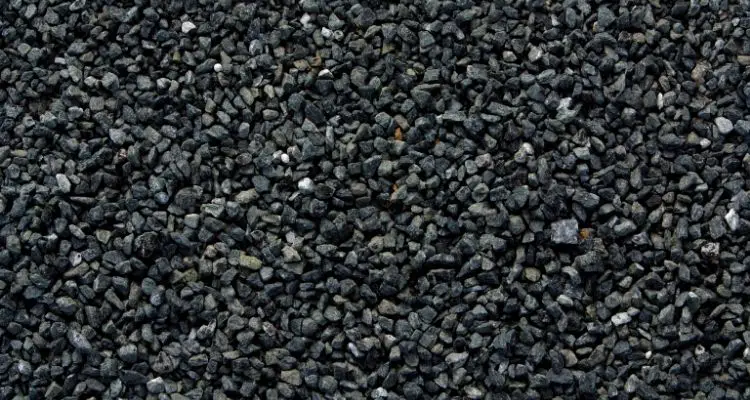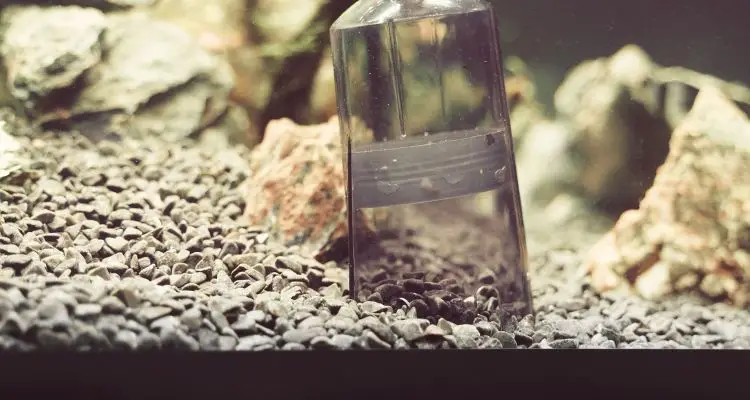
The buzz of fish keeping and aquariums brings many questions from setting up to maintenance and more. One of the questions I hear people ask around is whether they need gravel in their tanks?
You do not need gravel in your tank. Bare bottom tanks have become quite popular in this hobby, and they work just fine. The choice of whether or not you need gravel in your tanks is down to personal preference and how you want your aquarium to run.
Furthermore, gravel is not the only type of substrate you can use. You have alternatives like sand and crushed marble to use as a substrate. Why is a substrate used, though? What is the importance of substrates in our tanks?
Substrates in aquariums
Substrates are any materials used as Fishtank bottoms in aquaria. Substrates are an essential component in aquariums due to the variety of functions and benefits.

I will generally touch on the uses of substrates:
-
Growth of beneficial bacteria
Providing habitat for anaerobic and aerobic bacteria is the main reason why substrates have been in use in the first place. Most aquarists are keen to populate their tanks with colonies of aerobic (means oxygen-loving) bacteria.
The aerobic bacteria only break down ammonia and nitrites, completing half of the nitrogen cycle; consequently, nitrates accumulate as a by-product because the bacteria that break it down cannot work efficiently in oxygenated environments. It is why you are left doing frequent water changes to keep them down.
The layers of substrate materials give anaerobic bacteria a place to thrive. The nitrates, in this case, will be consumed and turned into a harmless gas. You will still perform water changes but not as much as you are used to.
To me, having a complete cycle is the definition of a perfect and efficient aquarium. If a substrate can accomplish it, why not?
-
Aesthetics
We all love and admire beautiful aquariums. Over the years, substrates have evolved to enhance aquatic beauty if not contributing to it.
Dark substrates are known to accentuate fish color and decorations. When used right, you will find it hard to look away from your fish tank.
-
Improving water quality
You can use substrates like crushed corals to alter water chemistry in your tanks. You can manipulate features such as hardness and pH to suitable or ideal ranges.
Without getting into much detail, aquarists use substrates to maintain some chemical properties in water.
-
Habitat for bottom dwellers and anchor for aquatic plants
In planted tanks, substrates are the anchors. Plants will get their nutrients from the same substrate. For instance, roots of plants such as duckweed and water lettuce partially break down nitrates to get nitrogen-based nutrients.
Bottom dwellers need suitable substrates to dwell on. It is their territory and where they will spend a lot of their time.
Pros and cons of using gravel as a substrate
Great, you know the significance of substrates in your aquarium. You can’t decide on which substrate to acquire. My mission is to clear the path for you to determine whether it is worth having gravel as substrate in your fish tanks.
Pros of gravel as a substrate
- It is long-lasting and recyclable after you’re done with older tanks.
- Gravel is inert, which means that it will not unnecessarily interfere with your water parameters. You won’t have to go through the trouble of treating it regularly.
- It is readily available and affordable compared to other substrates types.
- It has large particles that make it easy to clean and vacuum.
- Gravel is a stable anchor for aquatic plants.

Cons of gravel as a substrate
- Big aquarium fish like goldfish may swallow and choke on stones while nicking around the substrates.
- Bottom dwellers often get injured by sharp stones or particles of gravel. It is better to use a finer substrate if you intend on having them.
- Food substances and other organic debris may get stuck between stones. Future complications may arise due to this.
Wrapping up
No matter which way you go, bare bottom or not, finding a way to make it work is the aim when setting up your fish tank. With substrates, you can have all the added advantages, but you must be ready to counter the challenges that come with them.
Gravel substrates are popular for a good reason. As I said, your preference and vision for your aquarium will determine whether or not it will work for you.